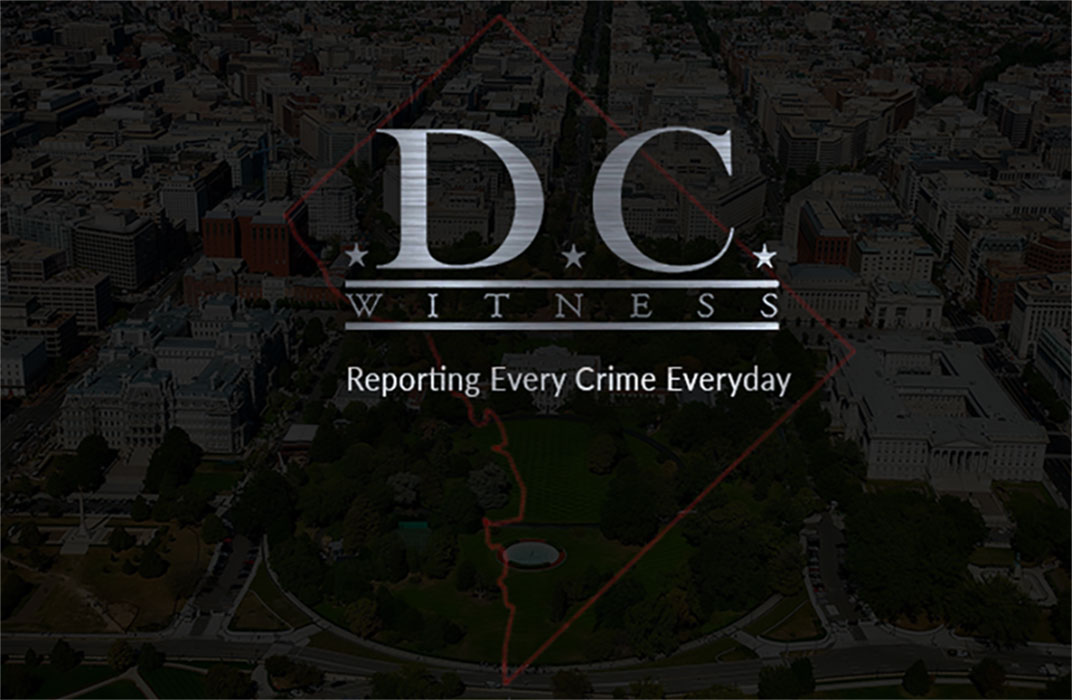
Thank you for reading D.C. Witness. Help us continue our mission into 2024.
Donate NowBy
Jeff Levine
- February 22, 2024
Daily Stories
|
Homicides
|
Shooting
|
Suspects
|
Uncategorized
|
Victims
|
Tony McClam, 34, is not a household name. However, as a defendant acquitted of first-degree murder but facing retrial on other major charges, McClam is a leading participant in a complex case. The outcome could determine whether he and 70 other defendants got fair trials during the COVID pandemic.
In a status hearing on Feb. 21, before DC Superior Court Judge Marisa Demeo, the DC Superior Court, which manages the DC jury system, agreed to provide a master list of jurors and related information in the next two months as part of an ongoing effort to determine whether there’s bias against minorities in the selection process.
If the action brought by the Public Defender Service of the District of Columbia last year prevails, it could mean that all the defendants in the consolidated COVID case could have their convictions overturned on the grounds that there weren’t enough Black members on the jury panels.
The Sixth Amendment to the Constitution guarantees a trial by a jury that fairly represents the community.
Depending on the ruling, some cases might be dismissed while others would face a retrial.
In addition, it could be the beginning of a broader assault against what many defense attorneys see as potential racial bias in criminal juries.
“It’s not intentional… There are some intentional actors, but the system is not intending to be biased. It really wants to be fair,” according to one attorney with a client who became part of the COVID case. The lawyer spoke to D.C. Witness on condition of anonymity.
Meanwhile, the court says it has made a good faith effort to comply with the ongoing information requests, which include the racial and age demographics of the jury pool.
Barbara O’Brien, a law professor at Michigan State University, who has researched whether Black people are disproportionately excluded from juries, says one way is for attorneys to exercise their right to “strike” or remove potential jurors for cause or simply because they choose to do so because it might hurt their case.
“If you look at the thousands and thousands of jurors and you just keep seeing Black people getting struck, it becomes harder and harder to think, to come up with a reason why, like systematically, they’re being excluded at such a high rate.”
O’Brien is the co-author of a 2010 study appearing in the Iowa Law Review that analyzed juries in 173 North Carolina death row cases. The conclusion was that during a 20-year period, “prosecutors struck potential Black jurors at 2.5 times the rate they struck eligible…members who were not Black.”
The problem may have been compounded by the pandemic. A study from the National Cancer Institute shows Black people and other minorities suffered at least twice the impact from COVID as the White population. Thus, fewer might have been available for jury service.
According to a study by the National Center for State Courts, the judicial system faced a significant fairness test during COVID.
“When courts undertake purely remote or hybrid jury trials, there is a risk jury summoning pools will not be representative of a fair cross section of the community because distinct populations cannot or will not participate,” according to a document on the organization’s website.
Even if minority jury participation was limited by COVID, the Public Defenders wouldn’t necessarily have to prove there was outright bias in selecting the pool of jurors. Individual jury panels are selected from this larger group.
The test would be if the government failed at some level to ensure there were enough minority jurors overall to make the trial jury an approximation of the community.
O’Brien cites a 1990s case in Kent County, Michigan where there was no apparent intention jury summonses weren’t going to minority Zip Codes in sufficient numbers.
“They didn’t have to show that there was racial animus. But you did have to point to something like, this is what the state is doing, the government’s doing, and it’s producing this.”
The DC Public Defenders commissioned an analysis showing that Black jurors were underrepresented by 10.5 percent relative to the city’s population.
The attorney with the COVID-related client says some potential jurors could be falling through the cracks when the court sends out a summons.
“So when you’re sending a notice, first off, you’re sending notices to people who are much more reliable, who do what they’re told…who live at a fixed address,” the lawyer says.
Compliance is a major issue in the District, according to an official familiar with the process who says 50 percent or less than those summoned may actually show up for jury duty.
What happens next in the case could depend on testimony from expert witnesses who will analyze DC’s jury selection process from a technical and administrative perspective. That testimony is expected during the spring.
Judge Demeo has set the next hearing in the case for April 5. One source close to the case says a final ruling could come as soon as May.
Notifications are not yet available for this specific case. Please check back later for updates. Thank you.